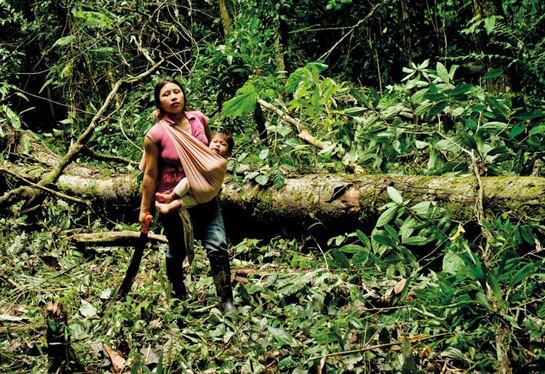
Center for International Forestry Research

Increasing women’s participation in community forest management in Nicaragua
Local control over natural resources is a key issue for autonomous and inclusive development, especially in indigenous territories. However, relatively little attention has been given to the local and gender dynamics that decide who looks after, uses and shares the resources of the forest.
We have seen that more women are becoming involved in community meetings and more women are demanding spaces to learn about the forest.
Xochilt Hernández
Researcher
The three-year ‘Gender, Tenure and Community Forest’ project aims to address this by promoting the inclusion of women in forest decision making and improving their tenure rights.
In Nicaragua, the project is being implemented in an autonomous region where the large population of indigenous peoples is currently going through the process of claiming formal title over their historic territories.
The first working paper from the project, released in October 2012, identified a number of areas where women’s involvement could be improved.
“Women have a harder time attending meetings and speaking up in public and only rarely assume leadership roles at the community level. And even in communities where women believe they have influence over many important decisions, they do not have similar influence over forest-related decisions,” said CIFOR Senior Scientist Anne Larson.
In its first year, the project focused on research, but in the second phase, adaptive collaborative management techniques have been used to help generate clear internal and community norms for the use of forest resources. Some communities have started reforestation projects as part of their working plans, while others have clarified traditional rules so that leaders can better manage forest resources and settle disputes.
“One year ago, we would mostly only see men speaking up and participating. Women would attend the workshops, but they wouldn’t speak as much as the men,” said researcher Xochilt Hernández. “[Now] we have seen that more women are becoming involved in community meetings and more women are demanding spaces to learn about the forest.”
For more information, visit cifor.org/gender
